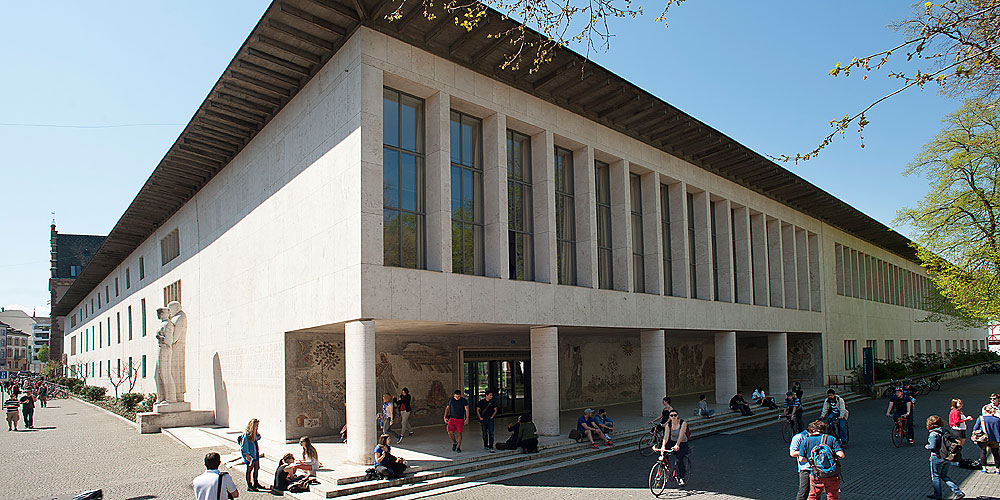How is the outlook regarding Covid-19 for the coming weeks? Professor Richard Neher at the Biozentrum, University of Basel, who has been studying the evolution of the virus since the pandemic started, answers some pressing questions.

The Swiss Accreditation Council has institutionally accredited the University of Basel with no conditions. The auditors responsible for the assessment rated the university as outstanding, mentioning a palpable “team spirit” within a “cooperative working environment”.

Neural networks are learning algorithms that approximate the solution to a task by training with available data. However, it is usually unclear how exactly they accomplish this. Two young Basel physicists have now derived mathematical expressions that allow one to calculate the optimal solution without training a network. Their results not only give insight into how those learning algorithms work, but could also help to detect unknown phase transitions in physical systems in the future.

The University of Basel’s University Council has confirmed Professor Franziska Zúñiga Maldonado-Grasser as the new Assistant Professor (with tenure track) of Nursing Science, with a focal area of innovation in care delivery. The Swiss academic took up the professorship at the Institute of Nursing Science (INS) on 1 September 2022.
Good news from Antarctica: researchers have examined emperor penguins and found no evidence of microplastics in their stomachs. The study, conducted by the University of Basel and the Alfred-Wegener Institute, is an important assessment of environmental pollution at the South Pole.

Cooling materials to extremely low temperatures is important for basic physics research as well as for technological applications. By improving a special refrigerator and a low-temperature thermometer, Basel scientists have now managed to cool an electric circuit on a chip down to 220 microkelvin – close to absolute zero.

The University Council has appointed new professors of oncology, obstetrics and antenatal medicine and oral and maxillofacial surgery.
Cancer cells resemble stem cells in being extremely adaptable. University of Basel researchers have identified compounds that artificially mature breast cancer cells of the highly aggressive triple negative subtype and convert them to a state that resembles normal cells.

We aren’t very good at predicting what will make us happy. That is one finding from a study by Basel economists. They investigated the effects of purchasing a home on life satisfaction. The positive effect on happiness did not last as long as people expected.

